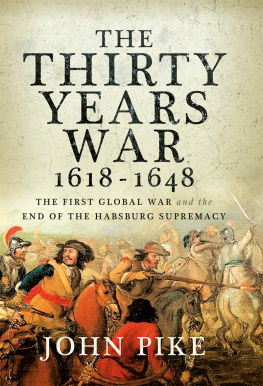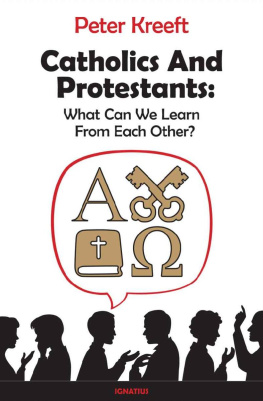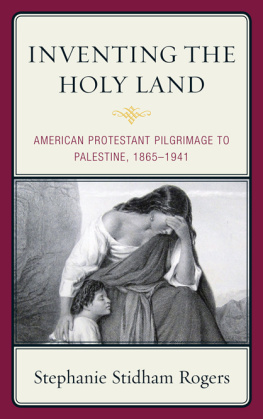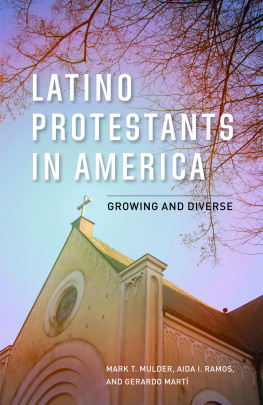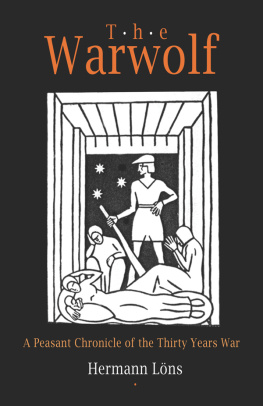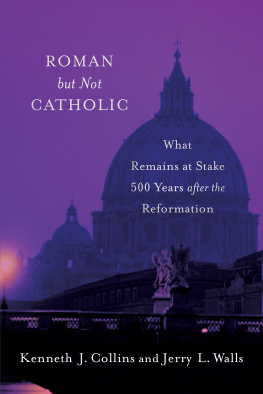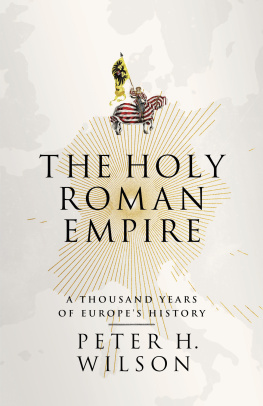CICELY VERONICA WEDGWOOD (19101997) was born into an innovative and intellectual English family. Her father, a direct descendant of the potter Josiah Wedgwood, was the chief general manager of the London and North Eastern Railway and her mother was a novelist and travel writer. After success at Oxford, Wedgwood rejected an academic career and took up writing instead. She published her first history, The Thirty Years War (1938), before her thirtieth birthday, and in the years that followed wrote a succession of chronicles of seventeenth-century Europe that made her one of the most popular and best-known historians in Britain. Her most important works include The Kings Peace; The Kings War; and William the Silent: William of Nassau, Prince of Orange, 15331584, which won the James Tait Black Memorial Prize for biography in 1944. She was a member of the Institute for Advanced Studies, a Dame of the British Empire, and in 1969 became the third woman to be appointed a member of the British Order of Merit.
ANTHONY GRAFTON teaches the history of Renaissance Europe at Princeton University. His books include Joseph Scaliger, Cardanos Cosmos, and Bring Out Your Dead.
THE THIRTY YEARS WAR
C. V. WEDGWOOD
Foreword by
ANTHONY GRAFTON
NEW YORK REVIEW BOOKS

New York
This is a New York Review Book Published by The New York Review of Books 435 Hudson Street, New York, NY 10014
www.nyrb.com
Copyright by the Estate of C. V. Wedgwood Foreword copyright 2005 by Anthony Grafton All rights reserved.
First published by Jonathan Cape Ltd., 1938
Cover illustration: detail of The Hanging from The Miseries of War by Jacques Callot, 1633
Cover design: Katy Homans
The Library of Congress Has Cataloged the Print Edition of This Book as Follows Wedgwood, C. V. (Cicely Veronica), 1910 The Thirty Years War / C. V. Wedgwood ; introduction by Anthony Grafton.
p. cm. (New York Review Books classics) Originally published: London : J. Cape, 1938.
Includes bibliographical references and index.
ISBN 1-59017-146-2 (alk. paper)
1.Thirty Years War, 16181648. 2.Habsburg, House of. I. Title. II. Series.
D258.W4 2005
940.2'4dc22
2004027336
ISBN 978-1-68137-123-8
v1.0
For a complete list of titles, visit www.nyrb.com or write to: Catalog Requests, NYRB, 435 Hudson Street, New York, NY 10014
CONTENTS
MAPS AND CHARTS
GENEALOGICAL TREES:
FOREWORD
Veronica Wedgwood had not yet turned thirty when The Thirty Years War appeared. But the book shows no signs of immaturity in content or style. Wedgwood carves her facts directly from the coalface, using the original documents in half a dozen languages that she would always prefer to the conclusions of any modern Dr. Stumpfnadel. More remarkably, she imposes a clear story line on a turbulent and chaotic war that raged from 1618 to 1648, and that can be understood only when set against an international background of high court politics and negotiation in a dozen countries. The foreground presents a scene of varied and almost inconceivable sufferings.
Wedgwoods elegant prose, fluid, dynamic, and limpidly clear, evokes the deliberations of saturnine monarchs as vividly as the miseries of mercenary soldiers lying out in the cold and peasants robbed of their animals and crops. Early in the book she brings one of the wars first defining events, the Defenestration of Prague, into focused, cinematic life. No reader can forget the extraordinary story of the Catholic members of the Bohemian Estates, hurled from the windows of the Hradcany Castle, only to survivetheir fall was cushioned by a heap of refuse lying belowand sneak off or be carried away. In one crisp, breathless set piece, Wedgwood pulls off an astonishing range of literary effects, including a splendid virtual close-up: Slavata fought longer, calling on the Blessed Virgin and clawing at the window frame under a rain of blows until someone knocked him senseless and the bleeding hands relaxed. And she sustains the same energy and displays the same eye for the detail that makes a past character or scene live throughout her exhausting, wretched tale of human knavery, folly, and will to destroy.
The young authors understanding of the seventeenth-century German world, in all its Baroque splendor and misery, is as impressive as the panache with which she stages its defining events. She lays her strongest emphasis on personalitiesthose of the great leaders who, she argues, made all vital decisions in this period. But she also justifies this approach with a striking discussion of the information systems of a time when faulty transmission of news excluded public opinion from any dominant part in politics. A series of brief but deeply researched sketches, no less detailed and compelling than her accounts of historical events, tells us about life in cities and on the land, about the development of military organizations and tactics, about theology and the pursuit of witches. Yet Wedgwood sets out not to explain the war but to recount its story. She denies any desire to offer deeper explanations, and argues here, as she would elsewhere, that most of the combatants had no high purpose, and that contingency determined its course and outcome. Her final judgment on the whole spectacle has the balance and power of a Latin epitaph: Morally subversive, economically destructive, socially degrading, confused in its causes, devious in its results, it is the outstanding example in European history of meaningless conflict. The voice with which Wedgwood speaks here is Victorian in its clarity and almost eighteenth-century in its crisp, balanced clauses, but radically modern in its unsparing insistence that war has no higher meaninga mature voice, appropriate to its century and better than the ones in which we speak now.
Some of Wedgwoods qualities as scholar and writer can be explained by her formation. Born into a branch of the great china-making family, as a child she traveled endlessly with her father, a successful railway executive. She was educated at a private school in London, which she loved, and by governesses, and she studied German and French on the Continent before she went up to Oxford. There she deeply impressed her tutor, the young A. L. Rowse, and won the highest honors, first in honor moderations (classics) and then in history. She registered to write a dissertation with R. H. Tawney, Christian socialist and pioneering student of social and economic history. An academic career lay open before her, and she did, for a time, give tutorials at Somerville College, Oxford. But Wedgwood could never have forced herself into the academic straitjacket. She seems to have inherited, as so many of her generation did, something of the endless curiosity and courage of the great Victorians, however skeptically she regarded their religious and political verities. Reading history had obsessed her since childhood, when she plundered her fathers rich library. So had writing: By the time I was twelve, she later recalled,
my writing had grown dangerously swift. There was a special kind of writing pad called The Mammoth, two hundred pages, quarto, ruled faint; under my now practiced pen Mammoths disappeared in a twinkling.
Wedgwoods father, hoping to slow her down, suggested that she write history: Even a bad writer, he told her in another lost language, that of informed paternal admonition, may be a useful historian. After she left Oxford, he drew on his own network of friends to give her career some direction. His dazzling cohort of fellow students at Cambridge had included G. E. Moore, Ralph Vaughan Williams, and the historian G. M. Trevelyan. Wedgwood spent a weekend with Trevelyan, and he in turn suggested that she drop her dry, analytical dissertation and instead write a biography of Thomas Wentworth, Earl of Strafford, whose policy of Thorough supported Charles Is efforts to impose an absolutist regime in England. Wedgwood delighted in the primary research needed to carry out this project, and with the help of Sir John Neale, she revised her first draft, which she later described to Ved Mehta as very feminine and sentimental, making it into a sharp, accessible work that followed with sympathy the career of a statesman who had been treated with disdain by most historians since his execution by the Long Parliament in 1641.


